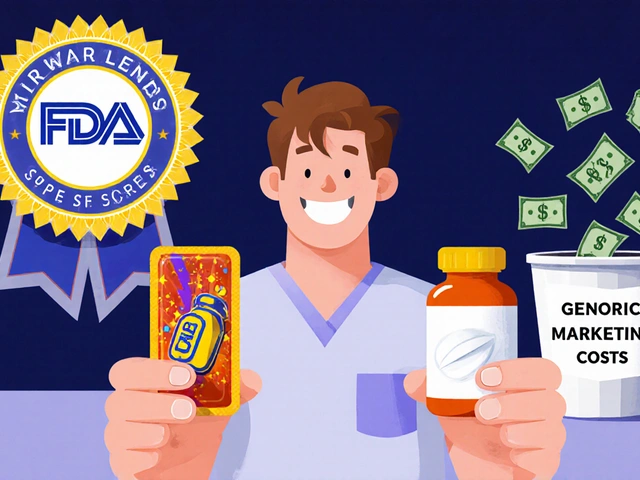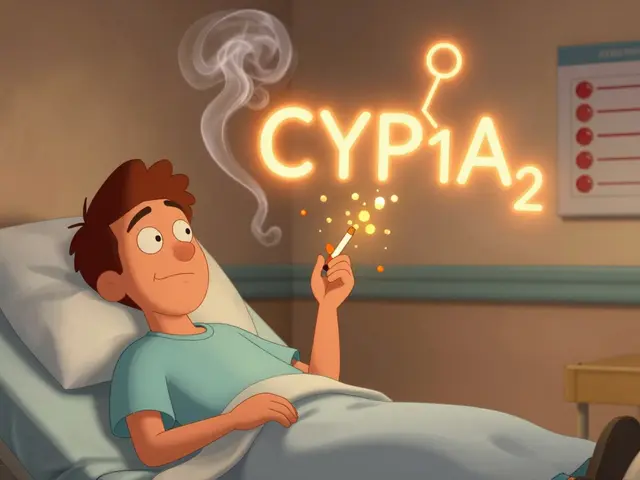Coronary Artery Disease: Why Social Support Matters (Sept 2024)
What you read on MyPharmacy-Online in September 2024 focused on one clear idea: coronary artery disease (CAD) isn’t just a medical problem — it’s social. Our featured post explains how friends, family, and community shape recovery, treatment success, and everyday health choices for people with CAD.
Key findings and practical takeaways
CAD causes blockages in heart arteries and leads to chest pain, shortness of breath, and higher risk of heart attacks. While medications and procedures matter, the article shows that support from others changes outcomes. People with steady emotional and practical support tend to stick with meds, attend rehab, and make lasting lifestyle changes.
Here are quick, useful actions for anyone affected by CAD: if you’re a patient, tell at least one person about your medications and how they can help remind you. If you’re a caregiver, offer specific help — drive to appointments, set up pill reminders, or join exercise sessions. Small, clear tasks work better than vague offers like “let me know if you need anything.”
How social support helps — simple examples
Support improves medication adherence. A partner who helps track doses reduces missed pills. Support lowers stress and anxiety, which can otherwise worsen blood pressure and inflammation. Group exercise or a walking buddy makes physical activity more likely to stick.
The post also highlights practical tips for clinicians and families. Doctors should ask who helps the patient at home and tailor plans to that reality. Families should learn key signs of trouble — increasing chest pain, lightheadedness, fainting — and know when to call emergency services.
We gave real-world examples: a man who kept better blood pressure control after his sister set up daily pill alerts, and a woman who completed cardiac rehab because a neighbor walked with her three times a week. Those concrete stories show how everyday support changes behavior and outcomes.
If you’re looking for next steps, start small. Schedule a short chat with your care team about social support resources. Search for local cardiac rehab or a patient support group. Use simple tech: shared calendars, medication reminder apps, and step counters can involve friends and family and keep you accountable.
Want to learn more? The September article explains why social ties affect recovery and gives clear tips for patients, caregivers, and clinicians. If you or someone you care about has CAD, focus equally on treatment and support — both matter.
Visit the full post to read the patient stories, step-by-step caregiver suggestions, and practical questions to ask your doctor at the next visit. Small changes in how you organize support can lead to safer, steadier recovery.

Understanding Coronary Artery Disease with Emphasis on the Role of Social Support
Coronary Artery Disease (CAD) remains one of the leading causes of mortality worldwide. This article delves into the critical role that social support plays in managing and mitigating the impact of CAD. By understanding how social connections can improve outcomes, patients and caregivers can better navigate the challenges of this condition.
Categories
- Medications (70)
- Health and Medicine (61)
- Health and Wellness (36)
- Online Pharmacy Guides (16)
- Nutrition and Supplements (9)
- Parenting and Family (3)
- Environment and Conservation (2)
- healthcare (2)
- prescription savings (1)
Popular Articles



